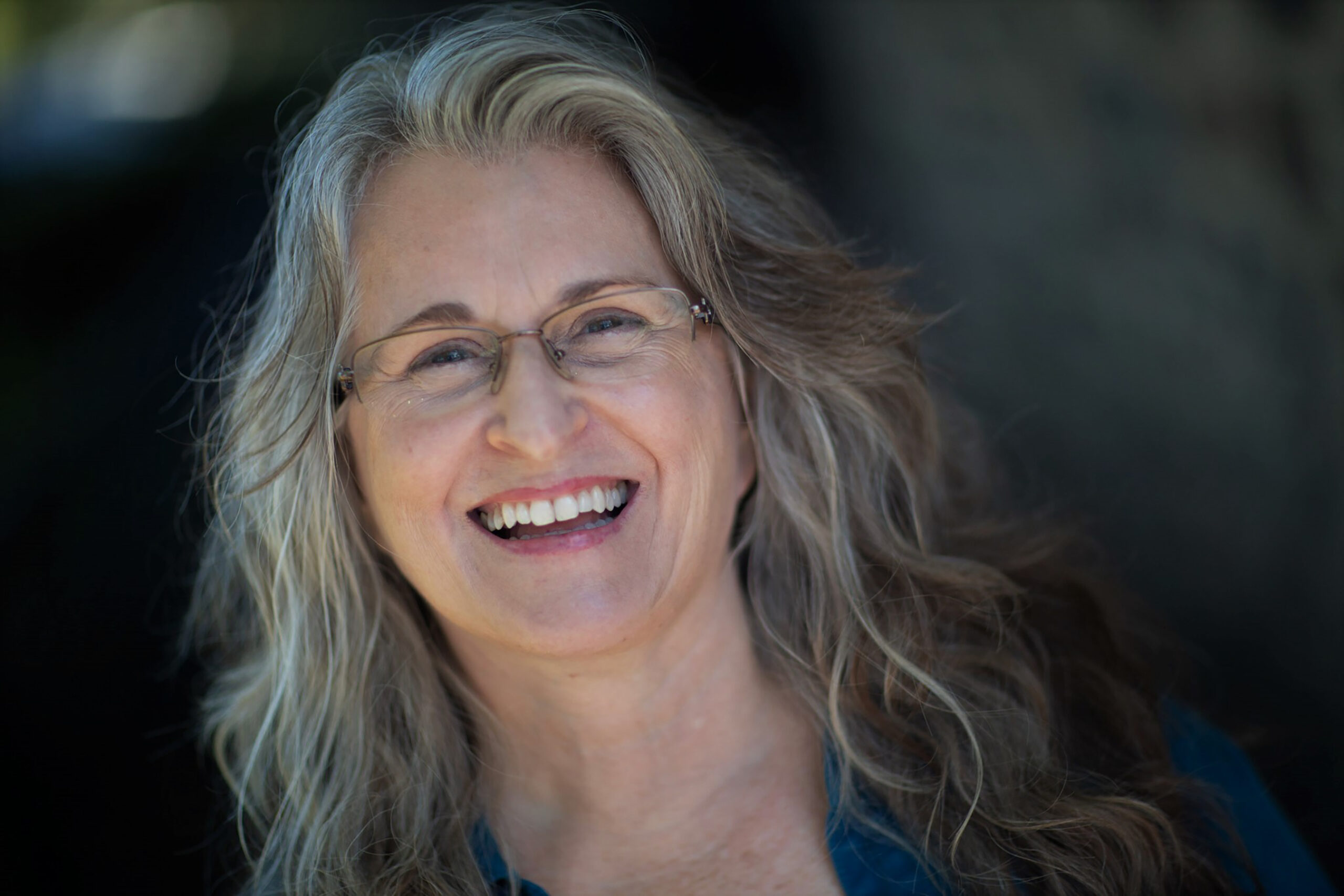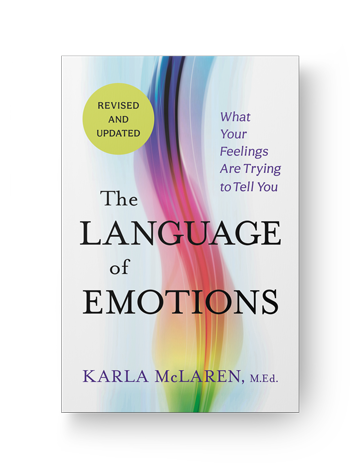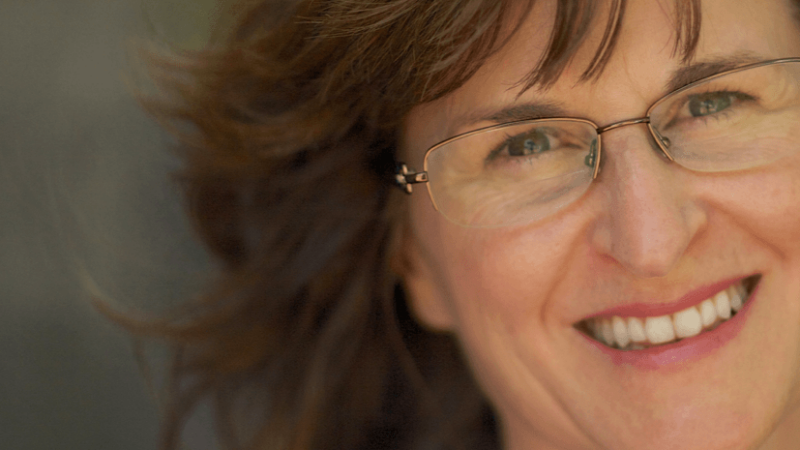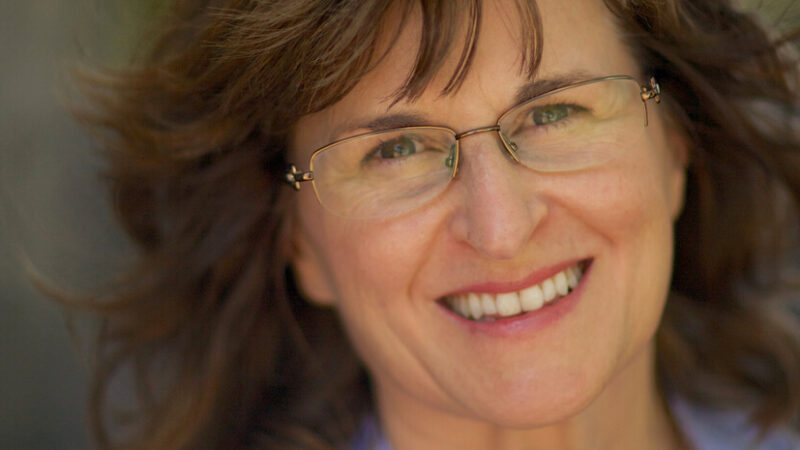Though I’m fairly certain you’ve heard otherwise, emotions are a vital part of everything you are: every thought, every choice, every relationship, every dream, every failure, every triumph, every act of violence, and every act of love. When you can learn their language, you can change your life for the better.
And when we can all learn their language, we can change the world.
Hello! I’m Karla McLaren, and I’m excited to announce the upcoming release of the revised and updated edition of The Language of Emotions: What Your Feelings Are Trying to Tell You, which will be available in bookstores on June 27th.
Whether you’re a reader of the original Language of Emotions, or if you’re new to this work, I welcome you to this complete guide to the wisdom in every emotion you have.
The original 2010 version of The Language of Emotions was the first book to approach the emotions in terms of how they function, what they do, and how to work with them. Instead of treating emotions as problems to be solved or eradicated, I focused on them as essential aspects of meaning-making, behavior, and intelligence (which is what they truly are). I approached the emotional realm as an intelligent system that requires all of its members, including tragically disrespected emotions such as shame, anxiety, depression, jealousy, envy, panic, and the suicidal urge (among others). And in so doing, I discovered the healing messages inside all emotions.
But because most of us have been taught to distrust emotions, I was working without a net as I wrote the original version of this book, and I missed some things. Now, after more than a decade of further research and practice, and with the support and camaraderie of an international community of colleagues and friends, I’ve had the opportunity to understand the emotions more deeply.
For centuries, emotions have been repressed, idealized, distrusted, and even despised, yet they were never truly understood. I’m honored to share this updated celebration of the brilliance, ingenuity, healing power, and jaw-dropping genius of our emotions.
Welcome!
Karla McLaren, M.Ed.













